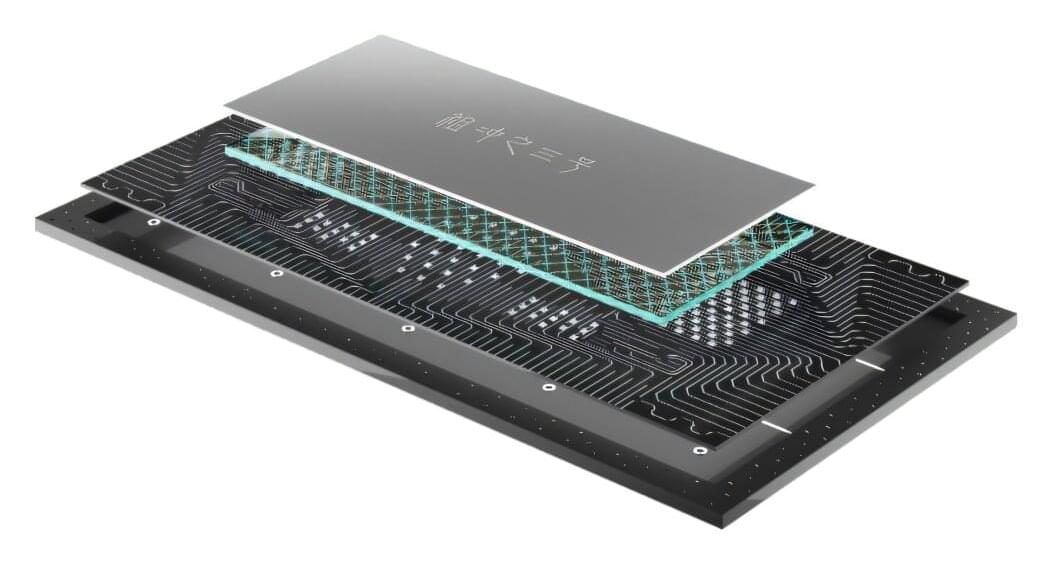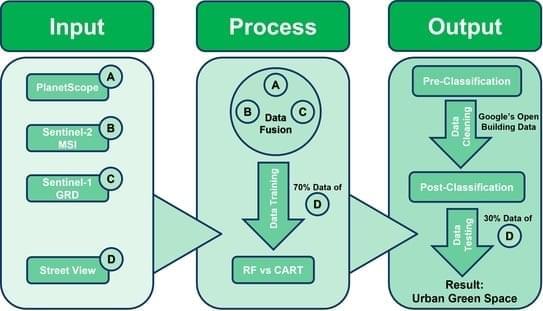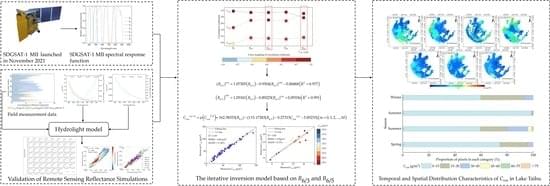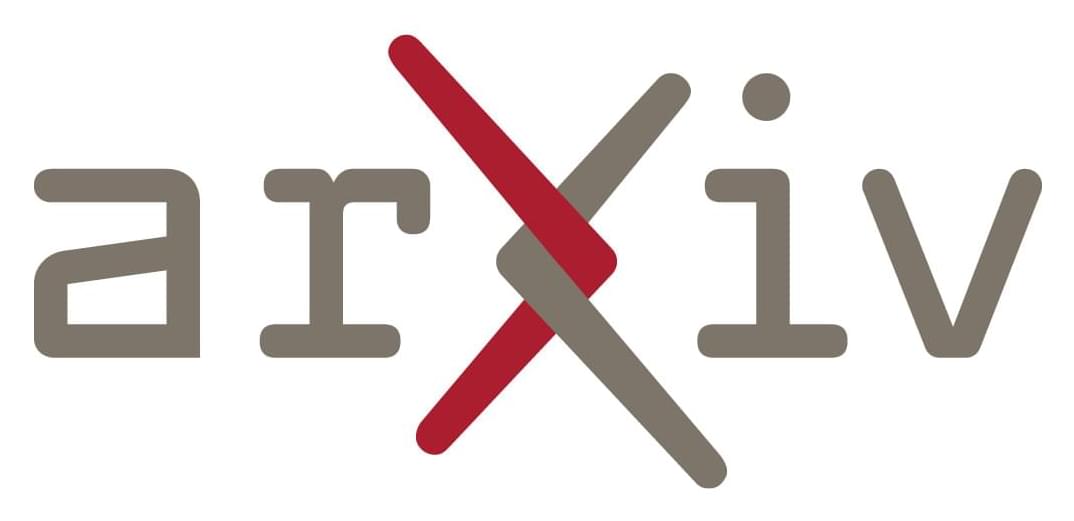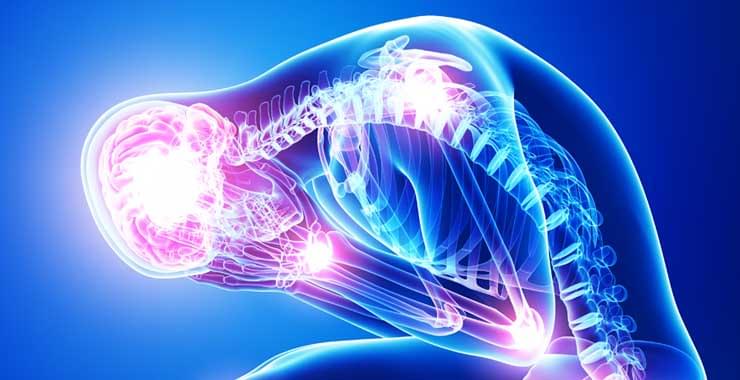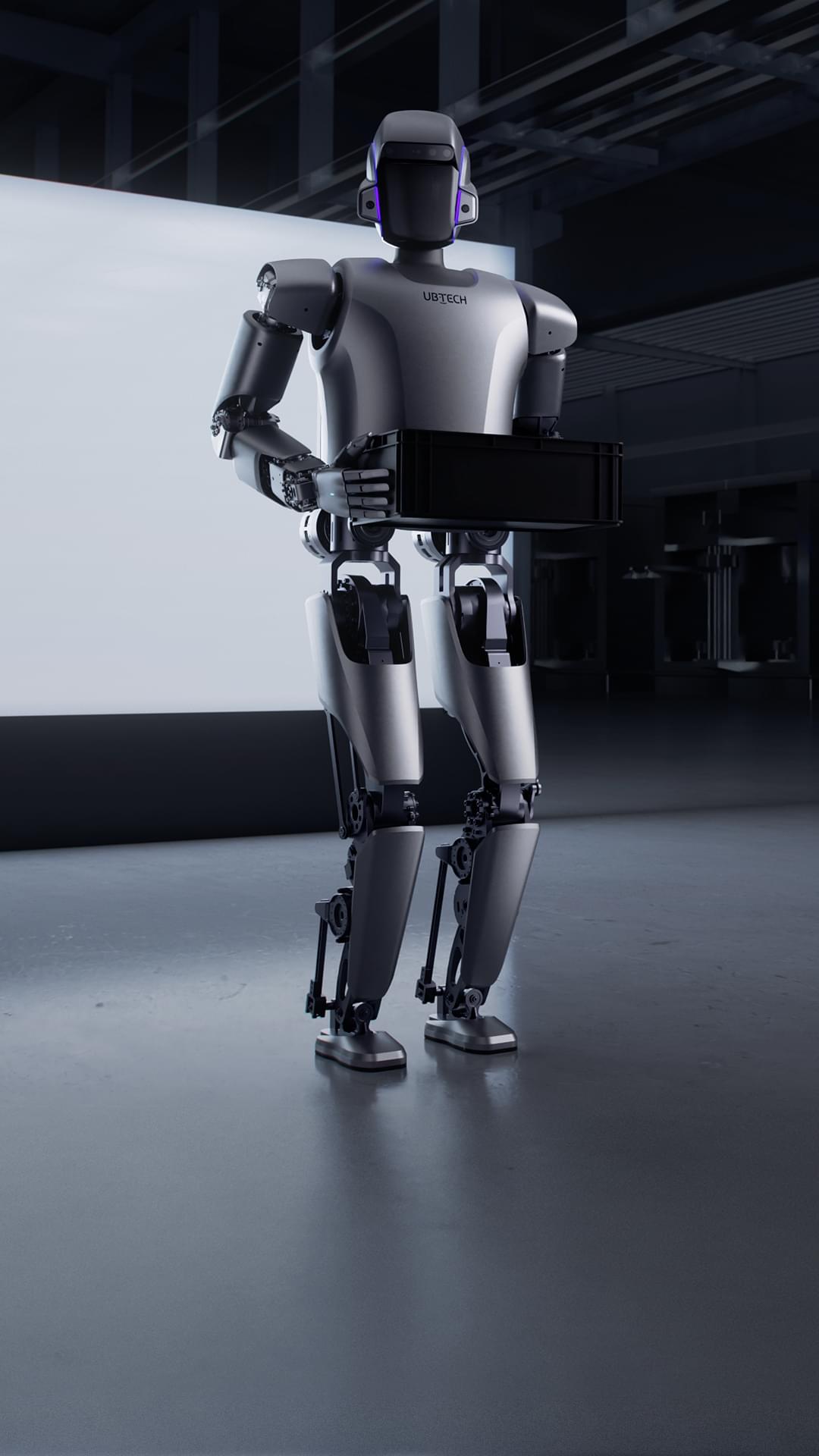Technology may one day grant us a Utopia in which virtually all tasks are performed by robots and artificial intelligence. In such a post-scarcity civilization, people may have difficulty finding a purpose to existence. Today we will explore how this may come about, what the consequences of this existential threat might be, and what purposes people may find for themselves in such a future.
Join this channel to get access to perks:
/ @isaacarthursfia.
Visit our Website: http://www.isaacarthur.net.
Join Nebula: https://go.nebula.tv/isaacarthur.
Support us on Patreon: / isaacarthur.
Support us on Subscribestar: https://www.subscribestar.com/isaac-a… Group: / 1,583,992,725,237,264 Reddit:
/ isaacarthur Twitter:
/ isaac_a_arthur on Twitter and RT our future content. SFIA Discord Server:
/ discord Listen or Download the audio of this episode from Soundcloud: Episode’s Audio-only version:
/ purpose Episode’s Narration-only version:
/ purpose-narration-only Credits: Post-Scarcity Civilizations: Purpose ep 140 Season 4, Episode 26 Writers: Isaac Arthur Editors: A.T. Long Darius Said Dillon Olander Jerry Guern Justin Dixon Mark Warburton Matthew Acker Matthew Campbell Producer: Isaac Arthur Cover Artist: Jakub Grygier https://www.artstation.com/jakub_grygier Graphics Team Jeremy Jozwik Justin Dixon Ken York Kristijan Tavcar Narrator Isaac Arthur Music Manager: Luca De Rosa — [email protected] Music: Dracovallis, “Cynthia” https://dracovallis.bandcamp.com/ Stellardrone, “Breathe In The Light” https://stellardrone.bandcamp.com Kai Engel, “Endless Story About Sun and Moon” https://www.kai-engel.com/ Chris Zabriskie, “A New Day in a New Sector” http://chriszabriskie.com Kai Engel, “Morbid_Imagination” https://www.kai-engel.com/ Aerium, “The Islands moved while I was asleep”
/ @officialaerium Lombus, “Cosmic Soup” https://lombus.bandcamp.com Brandon Liew, “Into the Storm”
• Video.
Facebook Group: / 1583992725237264
Reddit: / isaacarthur.
Twitter: / isaac_a_arthur on Twitter and RT our future content.
SFIA Discord Server: / discord.
Listen or Download the audio of this episode from Soundcloud: Episode’s Audio-only version:
/ purpose.
Episode’s Narration-only version: / purpose-narration-only.
Credits: post-scarcity civilizations: purpose. ep 140 season 4, episode 26
Writers:
Isaac Arthur.
Editors:
